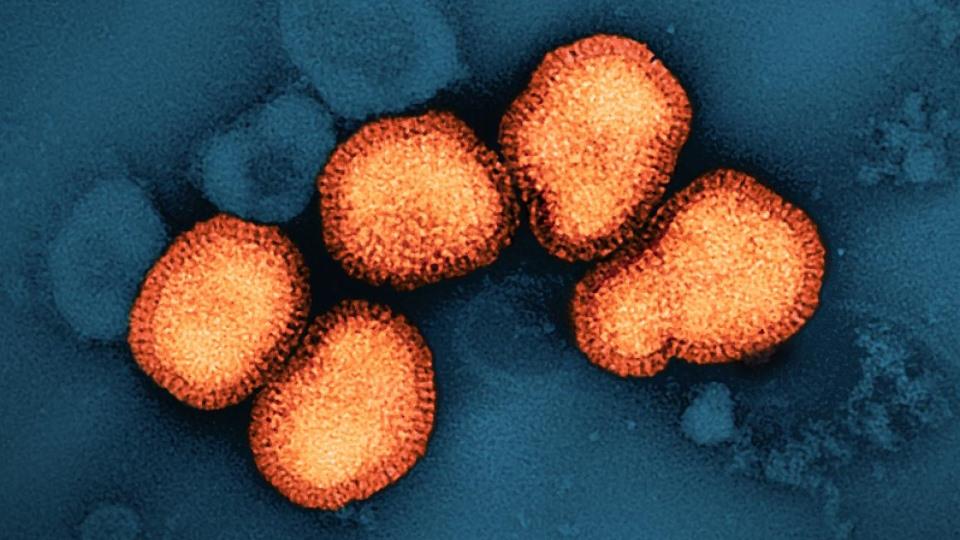US researchers start trials of universal flu vaccine

Researchers at the National Institutes of Health (NIH) have started dosing patients in a phase 1 trial of a new influenza vaccine candidate that aims to sidestep the annual scramble to match shots to circulating strains of the virus.
The NIH says that the FluMos-v2 vaccine, designed by scientists at the National Institute of Allergy and Infectious Diseases (NIAID), could be a universal shot that offers protection against far more variants of the flu virus than current seasonal jabs.
The hope is that it could help avoid the variability in effectiveness seen with seasonal vaccines – which is generally around 60%, but can fall to as low as 10% if health authorities and manufacturers incorrectly guess the strains that end up spreading in the flu season – and also provide more protection against an emerging, pandemic variant.
Another key objective is to find vaccines that can provide longer-lasting protection, so people do not need to have a booster shot every year.
While some groups are turning to mRNA to bundle up to 20 versions of the haemagglutinin (HA) antigens of type A and B influenza viruses together, trying to reproduce the success of the technology in COVID-19 vaccines, the NIAID team is relying on a different approach.
The scientists have developed a ‘mosaic’ vaccine, based on a virus-like particle (VLP) that displays six HA antigens in repeating patterns on self-assembling nanoparticle scaffolds, which has already demonstrated high antibody-generating properties in animal models.
FluMos-v2 is an updated version of an earlier vaccine based on four HA antigens, FluMos-v1, which followed the usual format of including two HA antigens each from influenza A and B strains and started clinical trials in 2021, with results due next year.
The newer version displays four influenza A antigens and two influenza B antigens and, according to the NIH, that could be enough to broaden vaccine recipients’ immunity to the extent that it provides protection against an even wider range of flu virus strains.
The new trial will enrol 24 healthy volunteers, aged 18-50 years, who will receive two intramuscular injections of FluMos-v2 given 16 weeks apart. The first group will receive a 60 mcg dose and - if no safety concerns are identified – enrolment will then begin in a higher 180 mcg dose group.
Subjects will receive regular follow-up phone calls and examinations to track their responses to the experimental vaccine for 40 weeks after their first vaccination, with blood samples taken during study visits to measure immune responses to the vaccine. Results are expected in December 2024.
Other groups working on universal flu vaccines include GSK/CureVac, Sanofi, Pfizer, Novavax, FluGen, Vivaldi Biosciences, CodaGenix, BiondVax Pharma, ConserV Bioscience/Imutex, Altimmune, Medicago, Osivax, Emergent BioSolutions, Vaxart, and VaxInnate.
mRNA vaccine heavyweights Pfizer/BioNTech and Moderna, meanwhile, are working on novel shots for flu, although, they are initially focusing their efforts on multivalent seasonal shots targeting an expanded number of strains.













